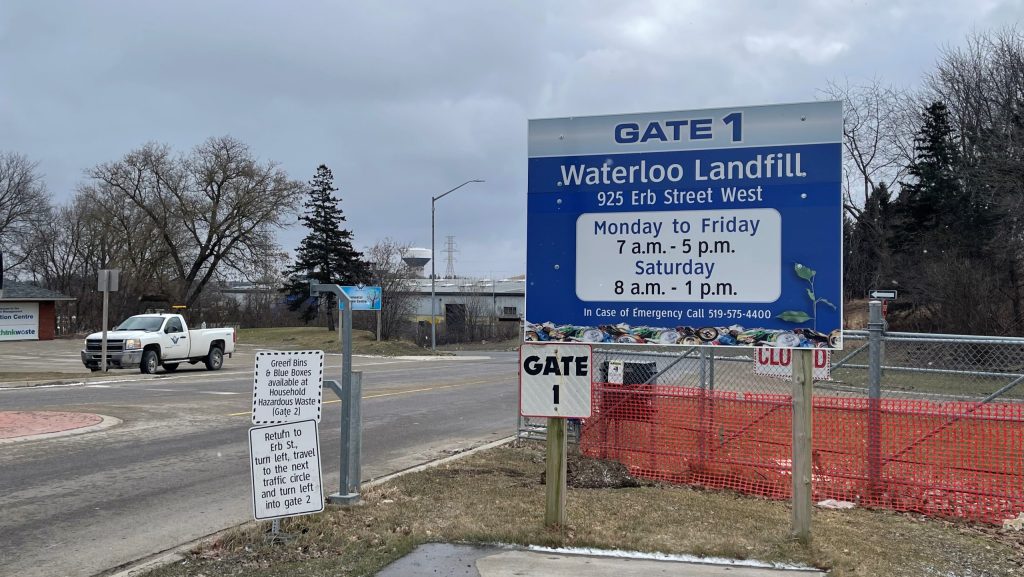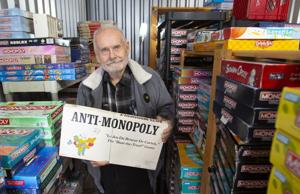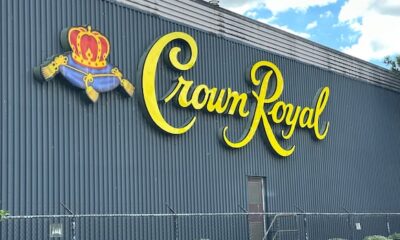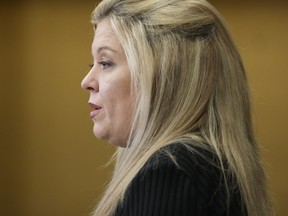Top Stories
Region of Waterloo Urgently Seeks Solutions for Landfill Crisis

UPDATE: The Region of Waterloo is urgently seeking public input on how to extend the life of its Erb Road landfill, which has just 20 years of capacity left. As the region anticipates a population surge to 1 million by 2051, officials are grappling with the pressing question: Where will all the garbage go?
With the growing population, the need for a sustainable waste management strategy is more critical than ever. The region has two main options: prolong the use of the current landfill or find a new site. However, a significant hurdle looms over the second option—Ontario has not approved a new standalone landfill in over a decade, only allowing existing sites to expand. This has prompted the Region of Waterloo to focus on extending the longevity of the current facility.
In an effort to engage the public, the region has launched an online survey to gather feedback on potential strategies for waste management. This survey, initially set to close on October 6, has been extended through the end of the week to allow more residents to weigh in on the issue.
Tracy Annett, a senior engineer in waste management for the region, appeared on The Mike Farwell Show to discuss various options. “Although we have one of the highest diversion rates in the province, we know from our waste audits that there is more to be done through education and enhanced diversion programs,” Annett stated. She emphasized the importance of revisiting existing programs, especially for multi-residential buildings, and addressing the substantial amount of waste generated from home renovations and construction.
Annett also addressed the topic of alternatives to landfills, such as incineration, which has been successfully implemented in Durham Region to convert waste into electricity. “That technology has come a long way, and yes, we would consider it. However, based on a 2016 study, we know that even with population growth, we lack the tonnage to make it economically viable without partnering with another municipality.”
Waterloo Region has a strong history of waste diversion, dating back to the blue box pilot project initiated in Kitchener during the 1980s. Annett expresses confidence in the community’s ability to tackle these challenges effectively, stating, “We believe in our community’s capability to innovate and adapt.”
Residents are encouraged to participate in the online survey before it closes, as their input is crucial in shaping the future of waste management in the region. With the population set to rise dramatically in the coming decades, the decisions made today will have lasting impacts on the environment and the community.
Stay tuned for further updates as this situation develops, and make your voice heard in this critical matter impacting the future of Waterloo.
-

 Politics4 weeks ago
Politics4 weeks agoSecwepemc First Nation Seeks Aboriginal Title Over Kamloops Area
-

 World5 months ago
World5 months agoScientists Unearth Ancient Antarctic Ice to Unlock Climate Secrets
-

 Entertainment5 months ago
Entertainment5 months agoTrump and McCormick to Announce $70 Billion Energy Investments
-

 Science5 months ago
Science5 months agoFour Astronauts Return to Earth After International Space Station Mission
-

 Lifestyle5 months ago
Lifestyle5 months agoTransLink Launches Food Truck Program to Boost Revenue in Vancouver
-

 Technology3 months ago
Technology3 months agoApple Notes Enhances Functionality with Markdown Support in macOS 26
-

 Lifestyle3 months ago
Lifestyle3 months agoManitoba’s Burger Champion Shines Again Amid Dining Innovations
-

 Top Stories2 months ago
Top Stories2 months agoUrgent Update: Fatal Crash on Highway 99 Claims Life of Pitt Meadows Man
-

 Politics4 months ago
Politics4 months agoUkrainian Tennis Star Elina Svitolina Faces Death Threats Online
-

 Sports5 months ago
Sports5 months agoSearch Underway for Missing Hunter Amid Hokkaido Bear Emergency
-

 Politics5 months ago
Politics5 months agoCarney Engages First Nations Leaders at Development Law Summit
-

 Technology5 months ago
Technology5 months agoFrosthaven Launches Early Access on July 31, 2025





















